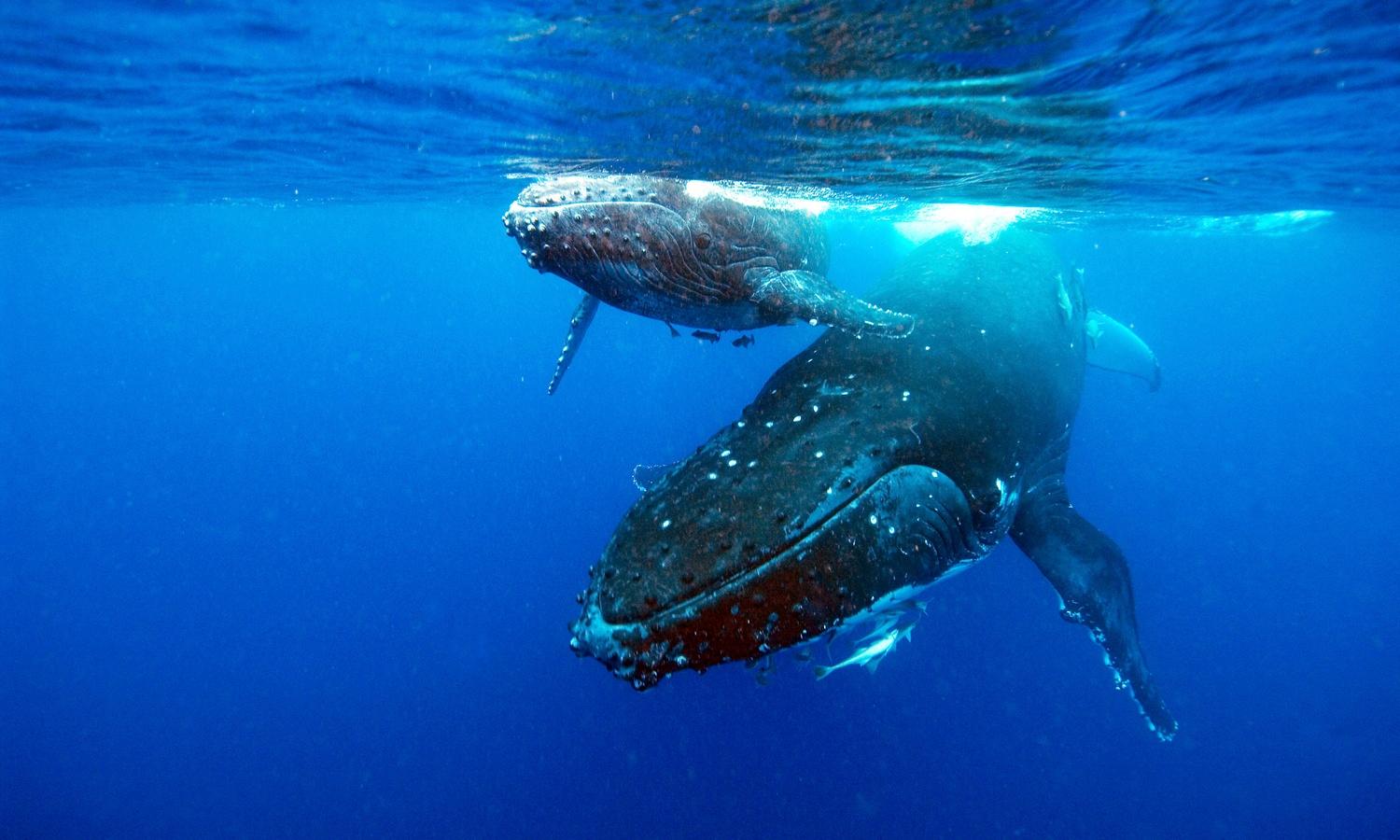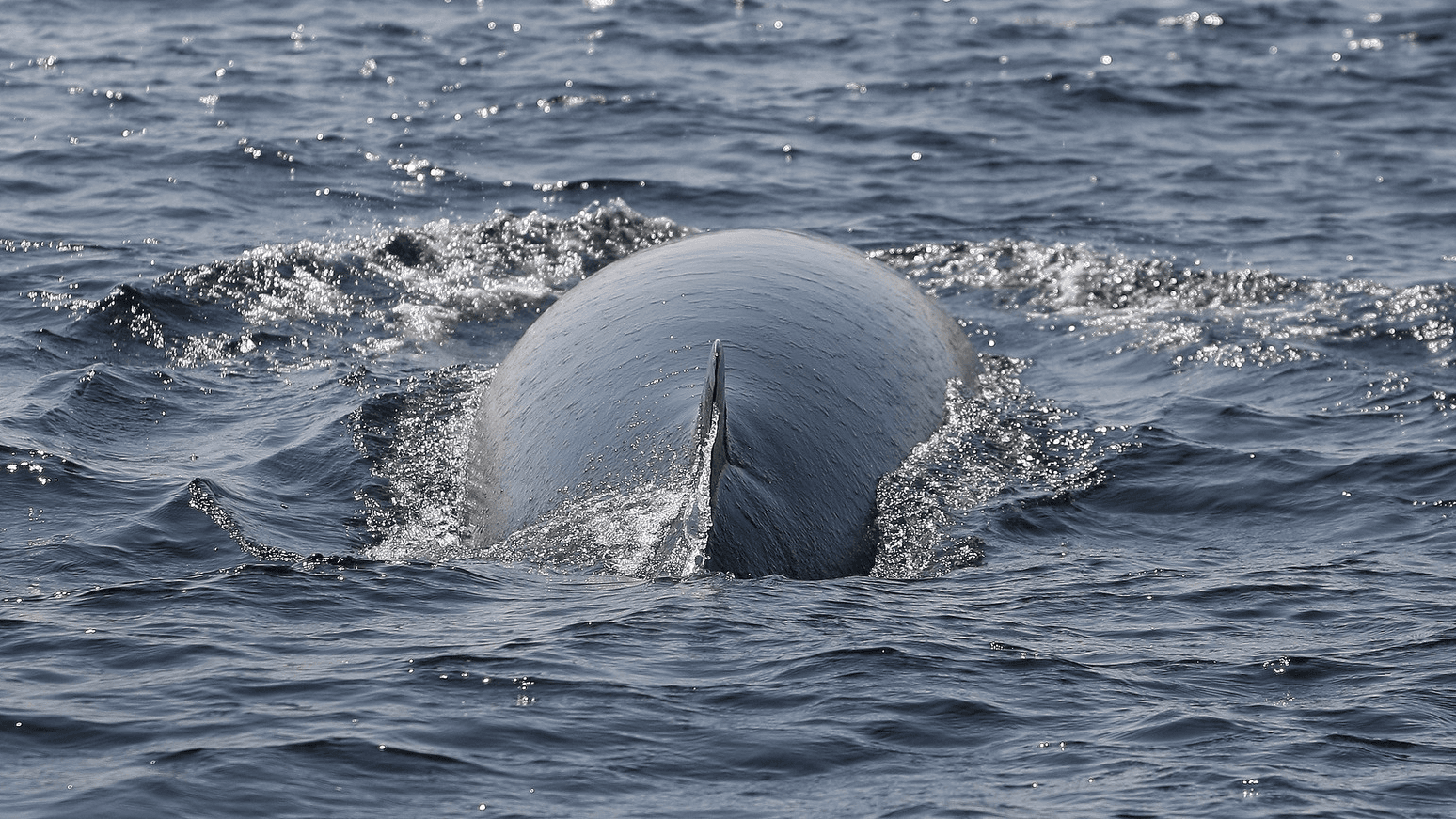whales
We want to hear your feedback so we can keep improving our website, theworld.org. Please fill out this quick survey and let us know your thoughts (your answers will be anonymous). Thanks for your time!
What can killer whales teach us about menopause?
Menopause is a puzzle for biologists. Why would the female of a species cease to reproduce half way through her life, when natural selection favors characteristics that help an individual’s genes survive? A study of killer whales — one of only two mammals apart from humans to undergo menopause — is providing clues.Menopause is a puzzle for biologists. Why would the female of a species cease to reproduce half way through her life, when natural selection favors characteristics that help an individual’s genes survive? A study of killer whales — one of only two mammals apart from humans to undergo menopause — is providing clues.
The US Navy agrees to limit the use of sonar and explosives in key whale habitat
The history of whales and humans has not been a happy one, at least for whales — hunted nearly to extinction, maimed and killed by huge cargo ships, tangled in fishing nets and, in recent years, deafened by incessant and increasing ocean noise. But the US Navy is now stepping up and setting an example of how to do things better.
How do you save the whales? Slow down the ships
California’s blue whale population is making a comeback, but it still has to contend with the threat of big container ships that cross whales’ feeding grounds on the way to the ports of Los Angeles. But just by slowing down, ships can dramatically reduce whale strikes — and pollution as well.
Subscribe to The World’s Latest Edition podcast for free using your favorite podcast player:

